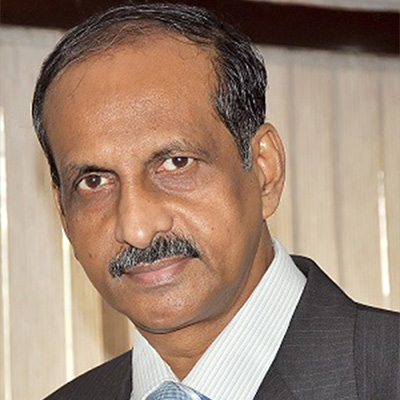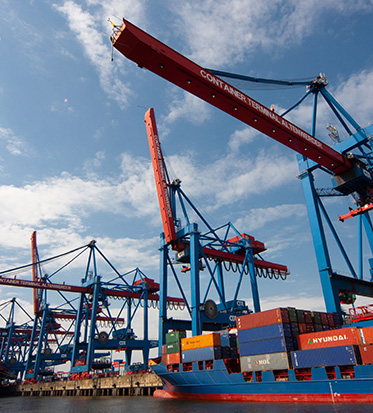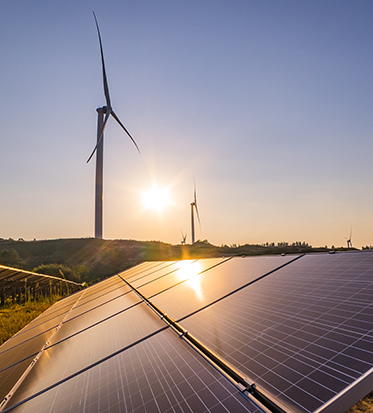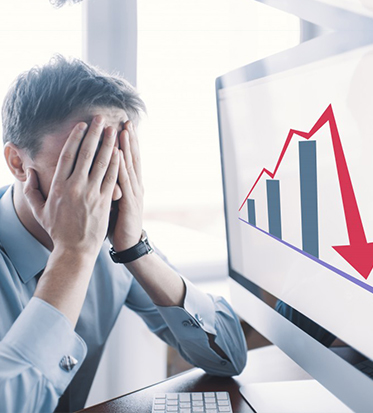Energy And Environment

Energy And Environment
Environmental issues have taken central stage at the international and national levels. The Golden Jubilee of the Stockholm Summit was celebrated recently. A number of institutions like the United Nations Environment Programme (UNEP) came up. The Montreal Protocol, the setting up of the Intergovernmental Panel on Climate Change (IPCC), the Earth Summit in Rio de Janeiro (1992), the UN Framework Convention on Climate Change (UNFCC) became realities ever since.
The landmark Paris Agreement (2015) decided to pursue efforts to limit the temperature increase to 1.5 degrees Celsius above pre-industrial levels. However, the world at large has fallen far short, and efforts need to be doubled by the world community. COP 26 (Glasgow) and COP 27 (Sham El-Sheikh) have failed to achieve desired results.
Even if the nationally determined commitments (NDCs) are fully honoured by nations, this target would remain elusive. A more aggressive strategy has been urged by the UN. The developed nations who have the capacity to do so have to achieve ‘net zero’ much ahead of 2050 to make any meaningful difference to the current dismal scenario.
The adoption of 17 Sustainable Development Goals (SDG 2030) in 2015 is a landmark event. However, the achieving of these goals has turned more and more difficult, due to the sudden appearance on the stage of the pandemic. Availability of technology and resources pose serious questions.
There have been a number of policy measures and judicial decisions in India with the objective of protecting the environment. A number of cases under the Environment Protection Act, 1986, Mines and Minerals (Development and Regulation) Act 1957, National Green Tribunal Act, 2010 etc. have been agitated before the Apex Court, besides issues like the Public Trust Doctrine.
The energy sector is the major emitter of carbon dioxide gases (CDGs) and environmental issues tend to perpetually haunt the sector.
APRLP Law has a dedicated and experienced team working on energy and environment issues.

Augustine Peter
-
Augustine Peter served as Director General, PPAC, Ministry of Petroleum and Natural Gas during 2011-2014. As part of this he was part of discussions on energy and environmental issues at the national and international forums like the International Energy Agency (IEA).
-
Later as Consultant in the Research and Information System for developing countries (RIS) he researched and advised on issues like Competition Policy and Law and Sustainability, Just and Fair Energy Transition and Net Zero related issues.











